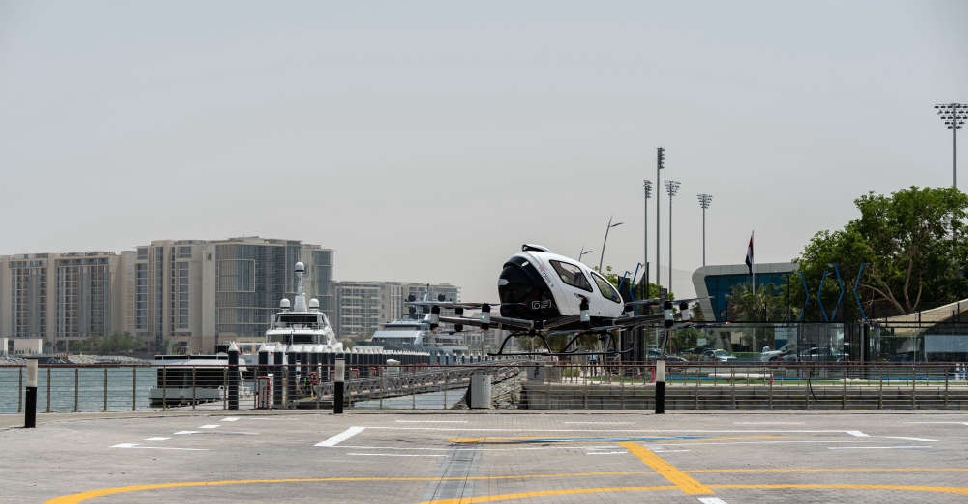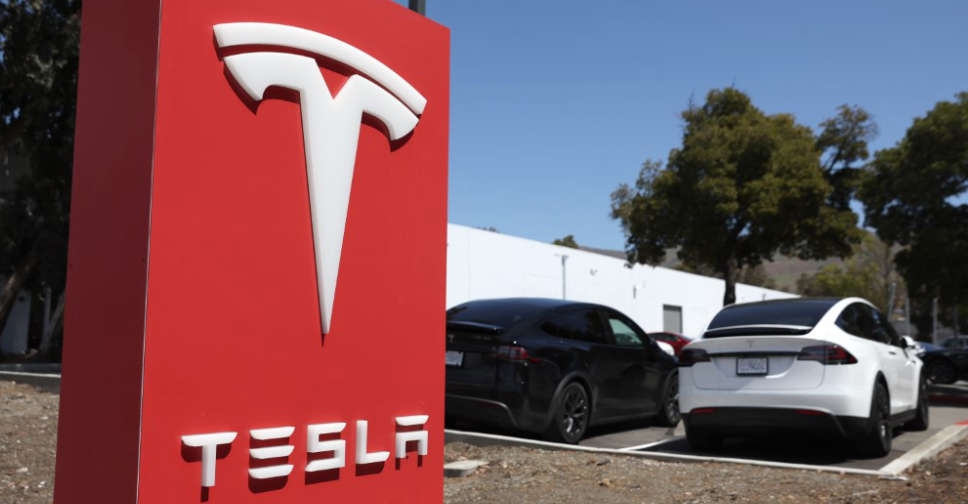
AD Ports Group has signed a concession agreement to develop and operate a multi-purpose port in Safaga in Egypt.
Additional agreements were also signed for the development of two cement terminals in Al Arish Port and West Port Said Port, and four Head of Terms (HoT) concerning ports located in Egypt’s Red Sea region and the Mediterranean Sea, enabling a major expansion of the Group’s activities into Egypt.
These pacts allow for expanded access to multipurpose terminals, cruise routes, and logistics capabilities in Safaga, Ain Sokhna, Port Said, Hurghada, Sharm El Sheikh and Al Arish.
.@ADPortsGroup has signed multiple agreements with Egyptian authorities to develop and operate ports and terminals across the Red Sea and Mediterranean Sea, expanding access to multipurpose terminals, cruise routes, and logistics capabilities across Egypt and North Africa. pic.twitter.com/jey7IXNbuY
— مكتب أبوظبي الإعلامي (@ADMediaOffice) March 18, 2023
Safaga Port Concession Agreement
Safaga Port will be the first internationally operated port in the Upper Egypt region, bringing significant cost savings to traders, industries and businesses located in this region.
The terminal will be developed over an approximate area of 810,000 square meters and is set to be operational in Q2 2025.
It will boast a quay wall of up to 1,000 metres and it will have the capacity to handle 5 million tonnes of dry bulk and general cargo, 1 million tonnes of liquid bulk, 450K TEUs of containerised cargo, and 50K CEUs of RORO.
AD Ports Group will invest a total of up to AED734 million in superstructure and equipment, buildings, and other real estate facilities and utilities’ network inside the concession area.
There will be no currency exposure associated with the operations of the port as all revenues will be dollarized.
Two Cement Terminals Agreements
The agreements for the development of two cement terminals in Al Arish Port and West Port Said Port were signed between AD Ports Group and the General Authority for the Suez Canal Economic Zone requiring a combined investment of AED121 million in both terminals.
As per the 15-year agreements, AD Ports Group will construct silos with a storage capacity of up to 60,000 tonnes in Al Arish Port and 30,000 tonnes in West Port Said; each terminal will be able to handle 1-1.5 million tonnes annually.
Both terminals which will be operational in Q4 2023, are expected to contribute to doubling Egypt's cement exports to global markets.
The latest agreements build upon the strong historic and economic ties between the UAE and Egypt which recently celebrated 50 years of friendship and co-operation.
The UAE is Egypt’s second leading trade partner in the region and the number one country in foreign direct investments, accounting for 29 per cent of foreign investments in the North African nation.
Meanwhile, Egypt is the fifth leading trade partner of the UAE in terms of non-oil trade, accounting for seven per cent of the total Emirati non-oil trade with Arab countries.

 ByteDance denies media report of plan to sell TikTok
ByteDance denies media report of plan to sell TikTok
 Photos: UAE’s first operational vertiport unveiled in Abu Dhabi
Photos: UAE’s first operational vertiport unveiled in Abu Dhabi
 France's air traffic control strikes ground flights across Europe
France's air traffic control strikes ground flights across Europe
 Blinken to meet businesses in Shanghai as he kicks off tough China trip
Blinken to meet businesses in Shanghai as he kicks off tough China trip
 Tesla promises 'more affordable' cars after shelving all-new Model 2
Tesla promises 'more affordable' cars after shelving all-new Model 2




